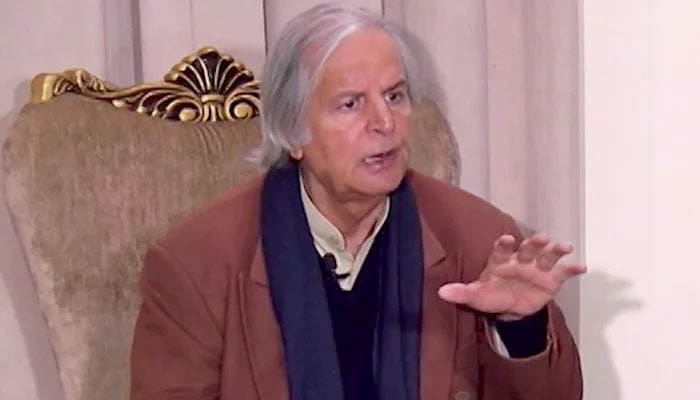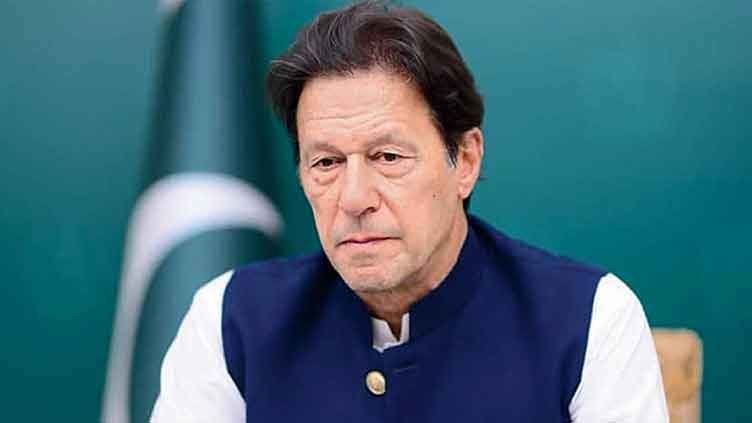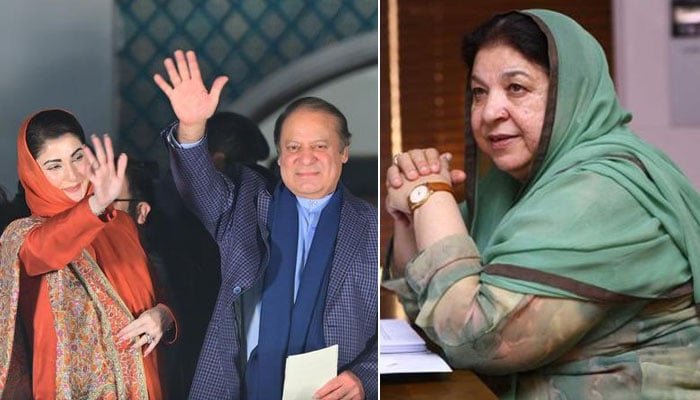In a dramatic turn of events, police raids targeting Pakistan Tehreek-e-Insaf (PTI) workers’ convention in Multan have stirred political tensions, with senior politician and Pakistan Muslim League-Nawaz (PML-N) leader Javed Hashmi addressing the unfolding situation.
Javed Hashmi, a seasoned political figure, voiced his concerns in an interview with Geo News, questioning the motives behind the police raid on his and his son-in-law Zaid Bahaar’s residence. Hashmi, who was previously associated with the Pakistan Muslim League, emphasized his commitment to the party and vowed to remain affiliated with it.
The political landscape in Multan has become increasingly charged as preparations for the PTI workers’ convention are underway. Hashmi’s remarks hinted at a potential shift in allegiance, suggesting that he might attend the PTI convention, a move that could have significant repercussions given his political standing.
Hashmi questioned the need for the police raid on his residence, emphasizing that it took place just before his son-in-law, Zaid Bahaar, a PTI candidate for the provincial assembly, was set to organize the party’s convention. He underscored that PTI had planned the event in Multan, and he might participate, indicating a possible alignment with the party.
The events unfolded with police conducting a search operation at Javed Hashmi’s residence in Makhdoom Rashid, Multan, leading to the arrest of PTI candidate Zaid Bahaar Hashmi and several house staff members. The timing and nature of the police action raise questions about its political implications, especially given Hashmi’s historical association with the PML-N.
Javed Hashmi’s statements alluding to a potential presence at the PTI convention add an intriguing dimension to the unfolding situation, with political observers closely monitoring developments in Multan. The incidents reflect the complex and dynamic nature of politics in the region, where alliances and allegiances can shift, leading to unexpected turns that have far-reaching consequences. As the situation continues to evolve, it remains to be seen how these events will impact the political landscape in Multan and the broader context of Pakistani politics.



